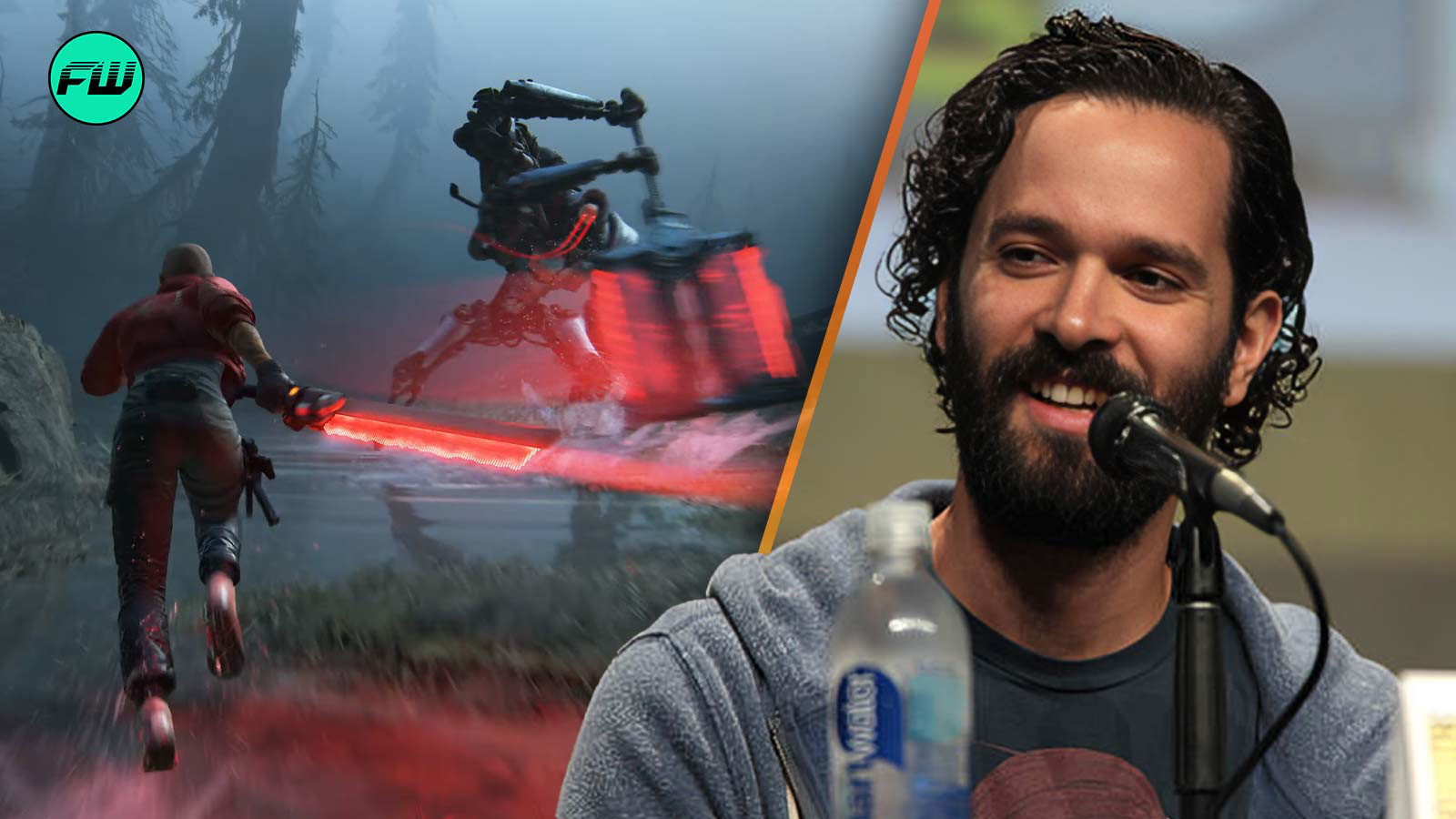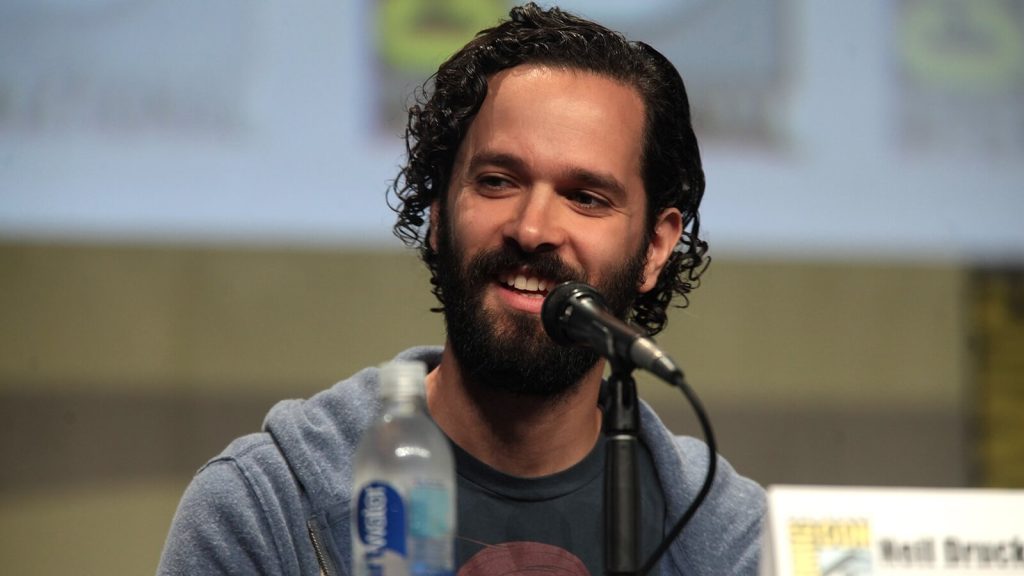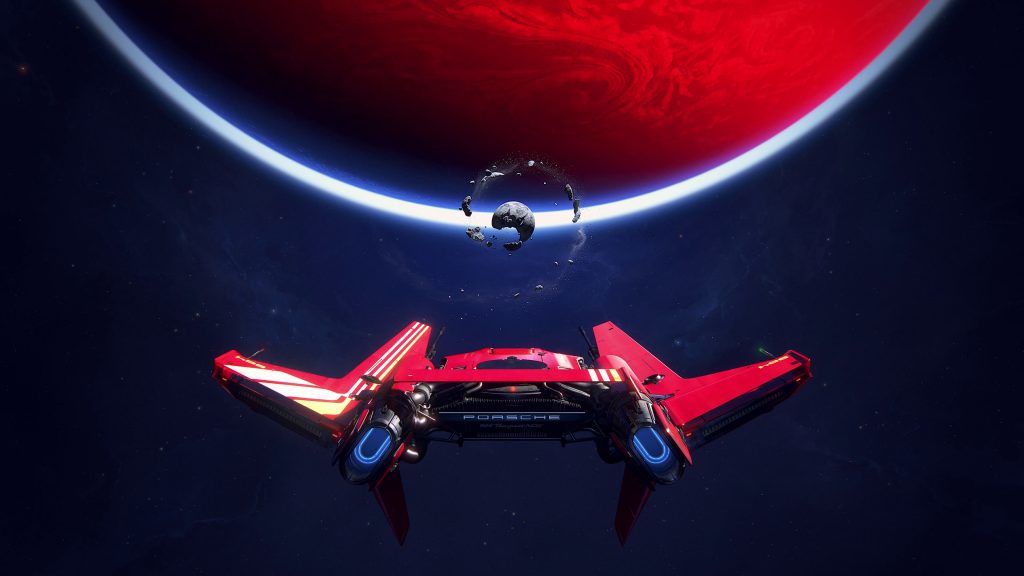Intergalactic: The Heretic Prophet is Naughty Dog and Neil Druckmann’s next big project and it will center on a fictitious religion.

Neil Druckmann, the creative mind behind The Last of Us and Uncharted, has set his sights on space with Intergalactic: The Heretic Prophet. According to Druckmann, the game is a new sci-fi adventure that ambitiously centers on a fictitious religion.
 We’ve seen this before in many other games. | Image Credit: Naughty Dog
We’ve seen this before in many other games. | Image Credit: Naughty Dog
Touted as an “ambitious” exploration of faith and institutional belief systems, the game aims to tackle profound themes within a retro-futuristic, anime-inspired world. But the concept of using religion as a central plot device isn’t that groundbreaking. Games like Assassin’s Creed, Far Cry 5, Blasphemous, and more have already done this. So how will Intergalactic be different?
Neil Druckmann is no rookie but this trope is a tough sell
 Can Druckmann make this trope work? | Image Credit: Gage Skidmore/CC BY-SA 2.0/Wikimedia Commons
Can Druckmann make this trope work? | Image Credit: Gage Skidmore/CC BY-SA 2.0/Wikimedia Commons
Set in a retro-futuristic 1986, Intergalactic follows bounty hunter Jordan Mun as she investigates a mysterious planet, Sempiria. While the trailer teases dramatic combat and sleek anime-inspired aesthetics, its core theme is apparently “quite ambitious as it centers on a fictitious religion.”
Neil Druckmann talks on the story for ‘INTERGALACTIC: THE HERETIC PROPHET’
“The story is quite ambitious as it centers on a fictitious religion and what happens when you put your faith in different institutions.”
(via: @nytimes) pic.twitter.com/1iV6qR313o
— ScreenTime (@screentime) December 15, 2024
Speaking to the New York Times, Druckmann said that the game explores “what happens when you put your faith in different institutions.” The portrayal of religion in video games is hardly new. Titles like Assassin’s Creed lean on historical religious conflicts, often reducing faith to a backdrop for war and power struggles.
Similarly, Dragon Age: Origins challenges players to choose sides in a divine schism, with morality tied to faith-based decisions. Even Druckmann’s The Last of Us Part II explored religious extremism through the Seraphites. The success of Druckmann’s latest endeavor may depend on whether Intergalactic can push these themes into genuinely uncharted territory.
I feel like I’ve played 10 games with this plot already.
— Daniel Ahmad (@ZhugeEX) December 16, 2024
The trailer for Intergalactic was initially revealed at The Game Awards 2024. While it didn’t feature any apparent religious themes, it caused an uproar for a different reason entirely. The game’s protagonist, Jordan Mun, played by Tati Gabrielle, was a particular point of contention. Some fans criticized Mun’s character design as pandering to diversity and inclusion trends.
None of the game’s other features will matter if the execution flops
 Image Credit: Naughty Dog
Image Credit: Naughty Dog
Tati Gabrielle, known for roles in Chilling Adventures of Sabrina and The 100, stars as Jordan Mun. Druckmann has praised her “intimidating presence” and ability to embody complex characters. While fans didn’t receive her portrayal in the trailer with positivity, it would be a fair bet to expect a good performance from the actress regardless of the quality of the story.
Tati Gabrielle (Nora in the second season of HBO’s The Last of Us) portrays Jordan A. Mun, the protagonist of Intergalactic: The Heretic Prophet, Naughty Dog’s new game for PlayStation 5 pic.twitter.com/wLcgGtRb9b
— The Last of Us News (@TheLastofUsNews) December 13, 2024
With influences ranging from classic anime like Akira to James Gunn’s Guardians of the Galaxy, Intergalactic should be a visually stunning experience. Trent Reznor and Atticus Ross are working on the soundtrack for it which is also very promising. Neither good looks nor music will save it if the execution falls short.
To Druckmann’s credit, The Last of Us Part II set a precedent for thoughtful religious storytelling. Characters like Dina and Lev showcased how faith could enrich character development rather than serve as mere plot devices. Lev’s struggle with his cult-like community and Dina’s quiet connection to Judaism was a nice addition to their characters.
Intergalactic may be revisiting an already established trope, but who doesn’t? Whether it’s successful depends on the execution anyway. Religion is a universal theme, capable of offering fresh perspectives even within familiar frameworks.
Do you think Druckmann can pull it off? Let us know in the comments!





